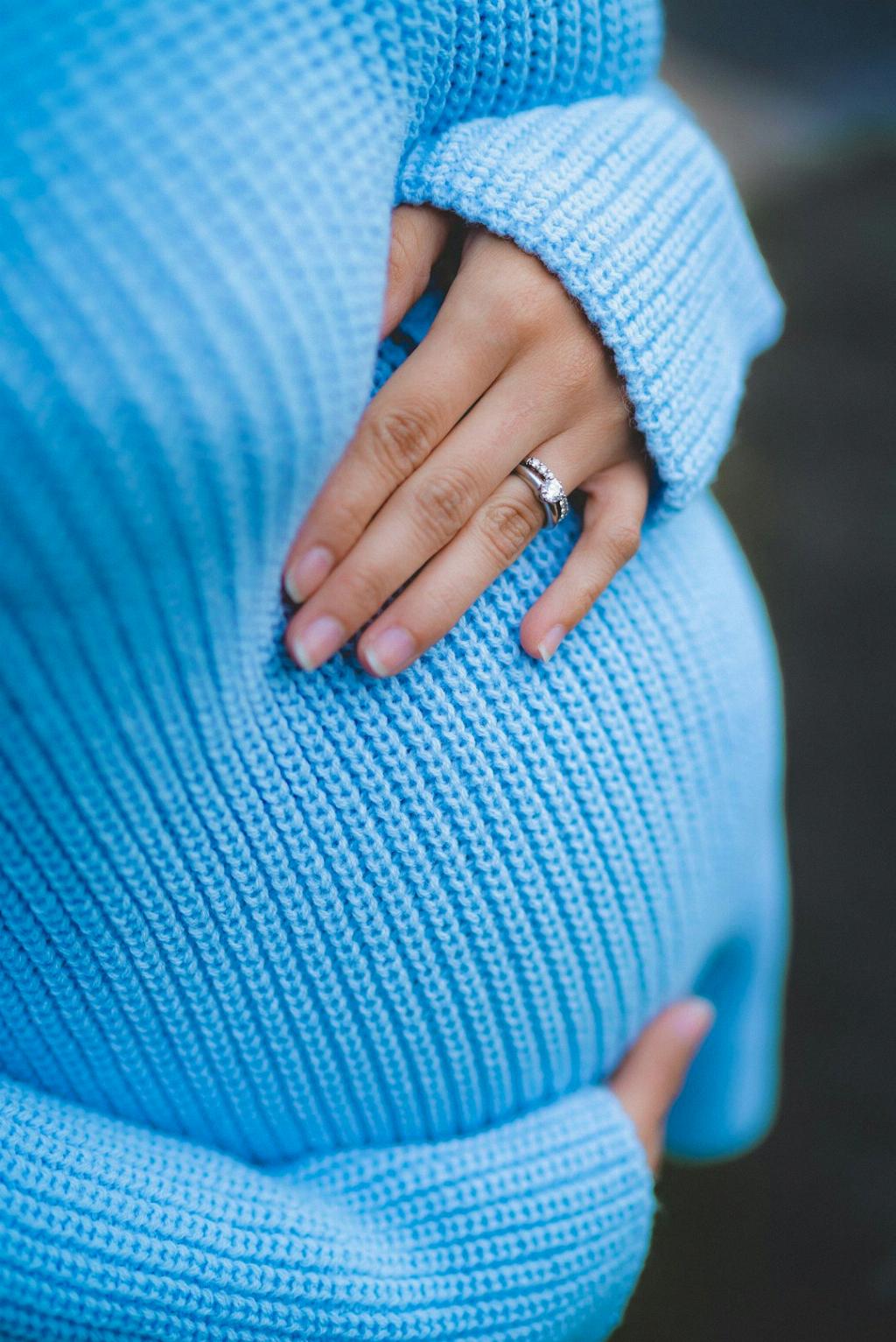During pregnancy, a woman must take extra care of her health as it directly impacts the well-being of her unborn child. It is essential to consider all factors that may affect pregnancy outcomes, including environmental factors such as temperature. Recent studies have suggested that exposure to low ambient temperatures during pregnancy could potentially have negative consequences on birth outcomes.
The research findings indicate a concerning correlation between low ambient temperature and adverse birth outcomes. Pregnant women who are exposed to extremely low temperatures, particularly in the later stages of pregnancy, are at a higher risk of experiencing complications that could impact the health of both the mother and the baby.
It is crucial for expectant mothers to be aware of the potential risks associated with exposure to cold temperatures during pregnancy. While it is important to stay warm and comfortable, pregnant women should also take precautions to avoid exposure to extremely low ambient temperatures, especially if they fall below the 1st percentile of the mean temperature.
Low temperatures can potentially lead to a range of adverse effects on pregnancy outcomes. From preterm birth to low birth weight, the risks associated with cold exposure during pregnancy are significant. Therefore, pregnant women should prioritize maintaining a warm and stable environment to reduce the likelihood of these complications.
Studies have shown that the impact of low temperatures on pregnancy outcomes is more pronounced in the later stages of pregnancy. As the baby grows and develops in the womb, any external stressors, such as exposure to extreme cold, can have a more significant effect on the health and development of the fetus.
It is advisable for pregnant women to take proactive measures to protect themselves from the potential harms of cold temperatures. This includes dressing warmly, staying indoors during extreme weather conditions, and regulating the temperature in their living spaces to ensure a comfortable and stable environment for the duration of the pregnancy.
Healthcare providers also play a vital role in educating pregnant women about the risks associated with exposure to low temperatures during pregnancy. By providing guidance and support, medical professionals can help expectant mothers make informed decisions to safeguard their health and the well-being of their unborn child.
While it may not always be possible to control external temperature conditions, pregnant women can take proactive steps to minimize their exposure to cold temperatures. By prioritizing self-care, staying informed, and seeking medical advice when needed, expectant mothers can reduce the potential risks associated with low temperatures during pregnancy.
In conclusion, the evidence suggests that exposure to low temperatures during pregnancy can have detrimental effects on birth outcomes. Pregnant women should be mindful of the impact of cold environments on their health and the health of their baby, taking necessary precautions to ensure a warm and safe pregnancy journey.

